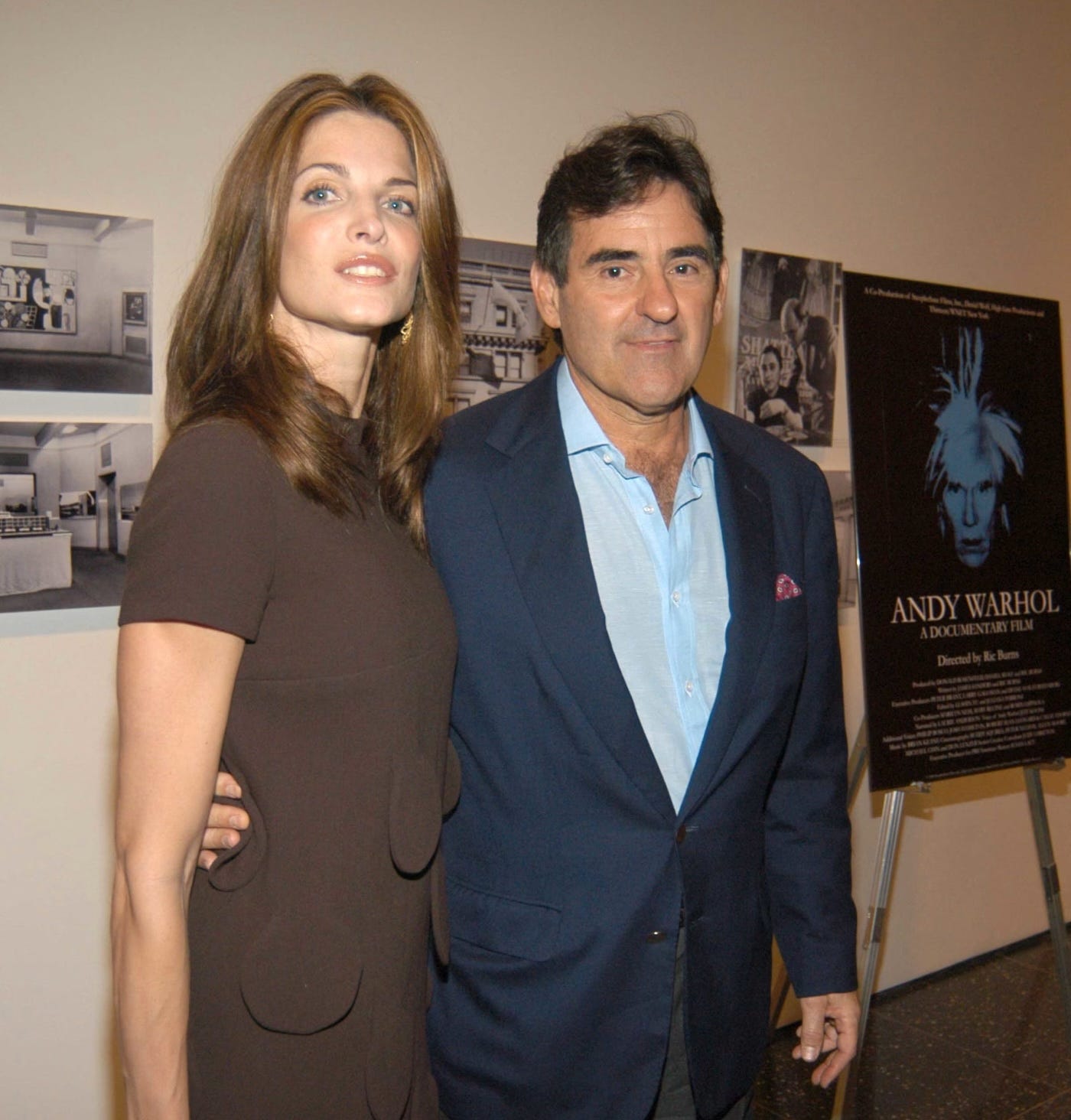Earn Your Luck: Peter Brant Doesn’t Believe in Trust-Fund Babies—but Recommends Hiring Your Kids
The industrialist, art collector and champion-horse breeder on why great art matters—and how to pick a winner.

In high school, Peter Brant cut class to gamble on horse racing at the Aqueduct Racetrack in Queens, New York, by asking an adult to take him inside. At the University of Colorado, he partied at fraternities with such gusto his father took away his car keys until his grades improved. Average kid stuff—if you consider it normal for a 19-year-old to use his stock market earnings to buy art from a then virtually unknown Andy Warhol.
Brant, 78, says spotting the artist’s genius early wasn’t luck. “I just knew it,” he says. “I was always a believer.” He went on acquiring contemporary art, selling some works purchased later for as much as $100 million. His advice on detecting a masterpiece? Go look at it in a museum 50 times; you’ll learn something every time.
Brant’s transformation of the family paper business, by purchasing several paper mills and expanding operations, turned him into a billionaire industrialist and the philanthropist behind the Brant Foundation, Inc., dedicated to the exhibition and study of contemporary art. He purchased Warhol’s Interview magazine from the estate in 1987 and owned it until 2018, when his daughter Kelly relaunched it. Now CEO of newsprint-manufacturer White Birch Paper (The Wall Street Journal is a customer), he restructured the company in 2020 under Chapter 11 because of declining demand.
Brant’s life has been riddled with epic lows. Now married to his second wife, supermodel Stephanie Seymour, he’s lost two of his nine children (Harry, who died from an accidental overdose at 24, and Ryan, who died of cardiac arrest at 47). He also got into legal trouble in 1984 for failure to keep proper records, a misdemeanor that he calls “a horrible experience” but which he credits with making him a better person.
But Brant has also experienced expansive highs, as a polo player who reached the highest rating for an amateur and as the breeder of champion thoroughbreds. Swale, a dark bay colt he co-owned, won the Kentucky Derby in 1984, while several others bred by Brant won the Breeders’ Cup. His youthful obsession with horses, which he now calls a “disease of passion,” paid off.


